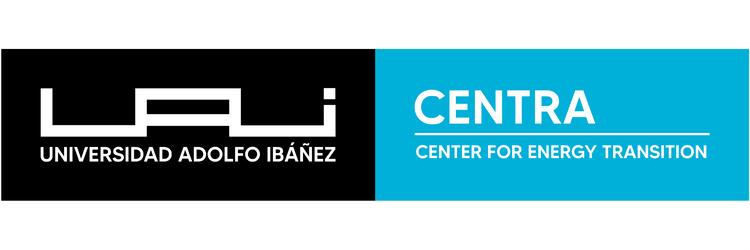ISO 50001’S BOOST TO BUSINESS COMPETITIVENESS
August 8, 2025
Energy efficiency is a key goal for companies in a context of growing sustainability demands. In this sense, the ISO 50001 standard is setting a baseline for meeting national and international environmental standards, accessing new business, and strengthening investor and customer confidence—a key asset for companies seeking to grow smartly and sustainably.
Rodrigo Barraza, director of the Center for Energy Transition (Centra) at the UAI School of Engineering and Sciences, explains that this standard requires organizations that consume more than 50 teracalories per year, known as energy management capacity consumers (EMCCs), to implement an Energy Management System (EMS). In Chile, approximately 250 companies have been classified as EMCCs.
Energy management is today a differentiating factor, capable of opening up new opportunities for companies, with efficiency and sustainability tools as its pillars.
The impact of this standard has gained momentum in the country in recent years, says Nathalia Videla Bertini, certification director of Bureau Veritas Chile, driven primarily by mining, retail, manufacturing, and heavy industry companies. Law 21,305 on energy efficiency has been key in this regard, she adds: “Today, both investors and consumers value measurable environmental commitment, and energy management certification is a concrete way to demonstrate that commitment within ESG strategies.”
Competitiveness
The implementation of an EMS brings benefits that are not always visible and that contribute to improving competitiveness, says Juan Andrés Peñailillo, general manager of Negawatt. These systems allow for the creation of a culture and systematization in the search for opportunities, he adds, and promote “the implementation and monitoring of key indicators, allowing for the permanent challenge of current energy performance and modifying the ‘way of doing things’ in operational matters.”
Peñailillo argues that energy management “undoubtedly creates concrete opportunities for growth, allowing access to clients with the same challenges,” as these certifications lead companies to demand the same standards from their suppliers, turning EMSs into a competitive advantage over other competitors.
This certification “strengthens the company’s reputation, improves its relationship with investors, and facilitates its integration into global supply chains that prioritize responsible practices,” adds Barraza, who highlights that in sectors such as mining and agribusiness, the ISO 50001 standard has become a competitive differentiator for accessing markets with strict environmental requirements.
“It also allows for the establishment of renewable power purchase agreements (PPAs), where traceability and energy efficiency are key conditions. In this context, the standard not only acts as a control tool, but also as a strategic asset that contributes to improving the competitive position of companies in the energy transition scenario,” he points out.
Courtesy of LitoralPress

